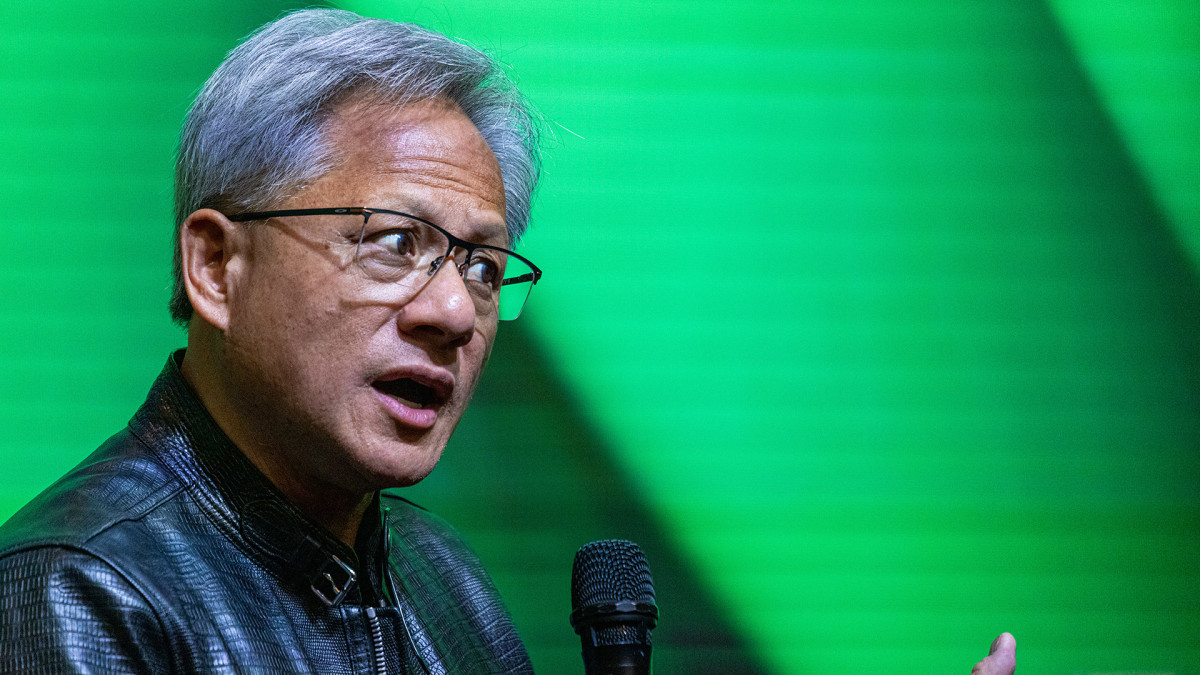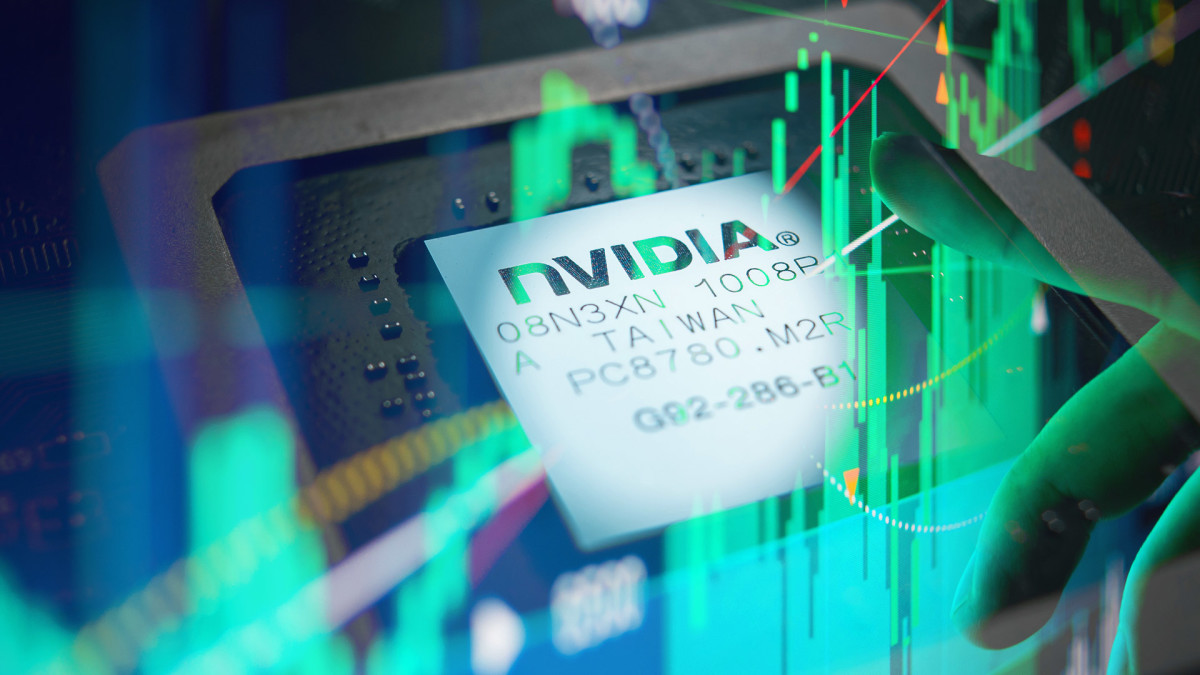
It hasn’t been a good week for Nvidia (NVDA) stock, which seems to have entered a correction period.
💰💸 Don’t miss the move: SIGN UP for TheStreet’s FREE Daily newsletter 💰💸
While the tech sector’s leader among artificial intelligence (AI) chip makers has enjoyed a year of strong growth, shares have been trending downward recently as market conditions continue to shift away from its favor. Some experts suggest these declines are caused by fears that AI spending is either slowing down or that business is spreading to Nvidia’s competitors.
Given the high price of Nvidia products, the threat of rising competition from companies that want to provide more affordable alternatives to Nvidia's chips is ever-present,
However, today's news that Nvidia is experiencing delays in producing its AI chips may be prompting some companies to reconsider doing business with them. Specifically, multiple key players in a fast-growing area of the tech sector seem to be turning away from Nvidia.

A booming market isn’t embracing Nvidia’s chips
Since the launch of ChatGPT kicked off the current AI-chip boom, Nvidia has mostly maintained its spot as the sector’s most dominant company. However, Broadcom’s recent earnings report suggests the market may be moving away from Nvidia’s graphics processing units (GPUs) and embracing custom silicon chips.
Related: Broadcom CEO sounds alarm on crucial shift in AI-chip market
That’s not the only bad news facing Nvidia, though. Chinese media reports that a prominent Chinese electric vehicle (EV) producer may be reconsidering its plans to use Nvidia’s Thor chips after significant delays.
XPeng (XPEV) is one of the Chinese companies working hard to beat its competitors to the front of the self-driving race. With many companies doubling down on autonomous vehicle (AV) technology, demand for the chips that power these systems is likely to continue rising, but according to the CnEVPost, XPeng may opt against using Nvidia’s flagship car chip.
Nvidia describes Thor as the “next-generation centralized car computer, combining advanced driver assistance systems (ADAS) and an AI cockpit on a single safe and secure system.” However, according to reports from local Chinese outlet 36Kr, Nvidia's plans to have the chip in production by 2024 haven’t materialized, causing problems for companies that depend on it.
Related: Tesla robotaxis are coming in 2025 with an unexpected addition
As the outlet notes, XPeng may decide to abandon its plans to use the Thor chip. It adds that fellow Chinese EV producer Nio (NIO) has opted against it as well, stating, “Nio also hasn't pre-ordered Nvidia's Thor chip for next year's models, and its new models will use its in-house Shenji chip, Nvidia's Orin, and chips from Horizon Robotics.”
According to 36Kr, the reason for Nvidia’s car chip production delays is primarily due to problems with the chip's architecture. This isn’t the first time the company has suffered delays in getting its chips to buyers. In August 2024, Reuters reported design flaws in another AI chip were likely to cause a delay that could lead to problems for companies such as Google (GOOGL) , Microsoft (MSFT) and Meta Platforms (META) .
More Tech Stocks:
- Analyst revisits Tesla stock price target amid Optimus robotics push
- UnitedHealthcare spotlight reveals pivotal AI failure
- Best-managed company rankings reveal a lot about top tech stocks
Nvidia is also facing the possibility that geopolitical tension between the U.S. and China could lead to complications in the near future. Recent reports indicate that China’s government is considering increasing its scrutiny toward U.S. companies, likely as a response to Donald Trump’s proposed tariffs.
Nvidia may face roadblocks in the self-driving car market
This news regarding Nvidia’s Thor chip delays led to an important question: Will Nvidia be able to conquer the self-driving car market, or will it have to stick to powering large language models (LLMs)?
The fact that it is having trouble designing chips that can be produced at scale suggests that this industry may be difficult to corner.
Additionally, part of Nvidia’s growth as a chip producer can be attributed to the fact that many companies largely depend on its GPUs, which are known for their computing power.
However, Nio’s decision to use non-Nvidia chips and XPeng’s hesitation both suggest that Chinese automakers have alternatives that their leaders view as being acceptable alternatives.
Related: Major Apple chip supplier is expanding into the U.S.
If that is indeed the case, Nvidia may have difficulty achieving the same type of dominance in the Chinese AV market as it has enjoyed in other areas of the tech sector. Nio’s ability to produce its in-house chips also suggests other companies in the AV space will be able to do the same.
China’s government has proven committed to spurring growth for its AV industry, as evidenced by its regulatory framework and policies. As these developments show, though, that may have allowed other domestic companies to develop chips to help them compete with Nvidia.
Related: The 10 best investing books (according to stock market pros)







